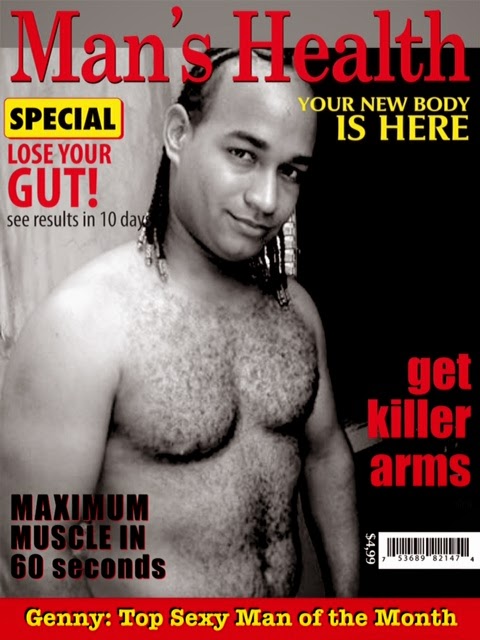 |
| An Army carry team marches away from a transfer case containing the remains of Staff Sgt. Dick A. Lee Jr. Sunday, April 29, 2012 at Dover Air Force Base, Del. According to the Department of Defense, Lee, 31, of Orange Park, Fla., died April 26, 2012 in Ghazni province, Afghanistan from injuries sustained when his vehicle encountered an improvised explosive device. |
WASHINGTON (AP) -- The military is under-reporting the number of times that Afghan soldiers and police open fire on American and other foreign troops.
The U.S.-led coalition routinely reports each time an American or other foreign soldier is killed by an Afghan in uniform. But The Associated Press has learned it does not report insider attacks in which the Afghan wounds - or misses - his U.S. or allied target. It also doesn't report the wounding of troops who were attacked alongside those who were killed.
Such attacks reveal a level of mistrust and ill will between the U.S.-led coalition and its Afghan counterparts in an increasingly unpopular war. The U.S. and its military partners are working more closely with Afghan troops in preparation for handing off security responsibility to them by the end of 2014.
In recent weeks an Afghan soldier opened fire on a group of American soldiers but missed the group entirely. The Americans quickly shot him to death. Not a word about this was reported by the International Security Assistance Force, or ISAF, as the coalition is formally known. It was disclosed to the AP by a U.S. official who was granted anonymity in order to give a fuller picture of the "insider" problem.
ISAF also said nothing about last week's attack in which two Afghan policemen in Kandahar province fired on U.S. soldiers, wounding two. Reporters learned of it from Afghan officials and from U.S. officials in Washington. The two Afghan policemen were shot to death by the Americans present.
Just last Wednesday, an attack that killed a U.S. Army special forces soldier, Staff Sgt. Andrew T. Brittonmihalo, 25, of Simi Valley, Calif., also wounded three other American soldiers. The death was reported by ISAF as an insider attack, but it made no mention of the wounded - or that an Afghan civilian also was killed.
The attacker was an Afghan special forces soldier who opened fire with a machine gun at a base in Kandahar province. He was killed by return fire.
That attack apparently was the first by a member of the Afghan special forces, who are more closely vetted than conventional Afghan forces and are often described by American officials as the most effective and reliable in the Afghan military.
Coalition officials do not dispute that such non-fatal attacks happen, but they have not provided a full accounting.
The insider threat has existed for years but has grown more deadly. Last year there were 21 fatal attacks that killed 35 coalition service members, according to ISAF figures. That compares with 11 fatal attacks and 20 deaths the previous year. In 2007 and 2008 there were a combined total of four attacks and four deaths.
ISAF has released brief descriptions of each of the fatal attacks for 2012 but says similar information for fatal attacks in 2011 is considered classified and therefore cannot be released.
Jamie Graybeal, an ISAF spokesman in Kabul, disclosed Monday in response to repeated AP requests that in addition to 10 fatal insider attacks so far this year, there have been two others that resulted in no deaths or injuries, plus one attack that resulted in wounded, for a total of 13 attacks. The three non-fatal attacks had not previously been reported.
Graybeal also disclosed that in most of the 10 fatal attacks a number of other ISAF troops were wounded. By policy, the fact that the attacks resulted in wounded as well as a fatality is not reported, he said.
Asked to explain why non-fatal insider attacks are not reported, Graybeal said the coalition does not disclose them because it does not have consent from all coalition governments to do so.
"All releases must be consistent with the national policies of troop contributing nations," Graybeal said.
Graybeal said a new review of this year's data showed that the 10 fatal attacks resulted in the deaths of 19 ISAF service members. His office had previously said the death total was 18. Most of those killed this year have been Americans but France, Britain and other coalition member countries also have suffered fatalities.
Graybeal said each attack in 2012 and 2011 was "an isolated incident and has its own underlying circumstances and motives." Just last May, however, an unclassified internal ISAF study, called "A Crisis of Trust and Cultural Incompatibility," concluded, "Such fratricide-murder incidents are no longer isolated; they reflect a growing systemic threat." It said many attacks stemmed from Afghan grievances related to cultural and other conflicts with U.S. troops.
Mark Jacobson, an international affairs expert at the German Marshall Fund in Washington and a former deputy NATO senior civilian representative in Afghanistan, said attacks of all types are cause for worry.
"You have to build up trust when working with partners, and years of trust can be destroyed in just a minute," Jacobson said. No matter what the motivation of the Afghan attacker, "it threatens the partnership."
Until now there has been little public notice of non-fatal insider attacks, even though they would appear to reflect the same deadly intent as that of Afghans who manage to succeed in killing their foreign partners.
Gen. Mohammad Zahir Azimi, spokesman for the Afghan Defense Ministry, said the army has tightened its monitoring of soldiers' activities recently and, in some cases, taken action to stop insider attacks.
For example, "a number of soldiers" have been arrested for activity that might suggest a plot, such as providing information on army activities to people outside the military, he said. Some have been dismissed from the Army, but he did not provide figures.
U.S. officials say that in most cases the Afghans who turn their guns on their supposed allies are motivated not by sympathy for the Taliban or on orders from insurgents but rather act as a result of personal grievances against the coalition.























